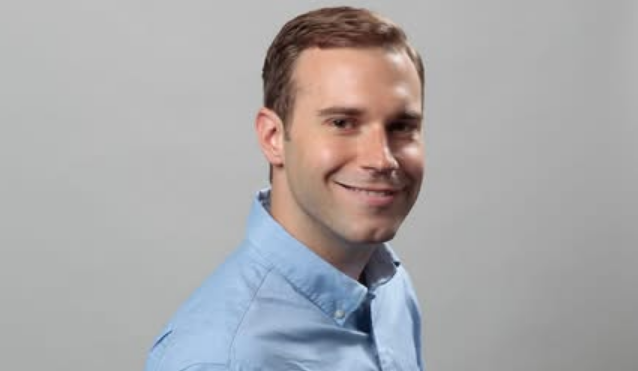Title: Scutari and Coughlin Engage in School Fight: A Right-Wing Perspective
Introduction:
The recent clash between State Senator Nicholas Scutari and Assembly Speaker Craig Coughlin over school funding has once again highlighted the deep divide between the left and right-wing ideologies in New Jersey. While both politicians claim to have the best interests of students at heart, their approaches to resolving the issue differ significantly. This article will provide a right-wing perspective on the Scutari-Coughlin school fight and shed light on the potential consequences of their proposed policies.
1. The Need for Fiscal Responsibility:
Right-wing proponents argue that the ongoing struggle to fund schools adequately stems from a lack of fiscal responsibility within the education system. They contend that throwing more money at the problem without addressing underlying inefficiencies is not a sustainable solution. Instead, they advocate for a comprehensive review of existing spending practices to identify areas where funds can be redirected to benefit students more effectively.
2. School Choice and Competition:
Right-wing thinkers often emphasize the importance of school choice and competition as key drivers of educational improvement. They argue that empowering parents with the ability to choose the best educational option for their children fosters healthy competition among schools, leading to improved outcomes. By supporting policies such as charter schools and voucher programs, right-wing proponents believe that students will have access to a wider range of educational opportunities tailored to their individual needs.
3. Local Control and Accountability:
Another crucial aspect of the right-wing perspective on education is the emphasis on local control and accountability. Advocates argue that decisions regarding school funding and curriculum should be made at the local level, allowing communities to tailor education to their specific needs and values. By reducing centralized control, they believe that schools can become more responsive to the desires of parents and better equipped to address unique challenges faced by individual districts.
4. Addressing Teachers’ Unions Influence:
Critics from the right-wing argue that the influence of teachers’ unions in shaping education policy often hinders meaningful reform. They contend that union-backed policies, such as tenure and seniority-based pay, can stifle innovation and prevent the removal of underperforming teachers. Right-wing proponents advocate for policies that prioritize student outcomes over the protection of teacher interests, including merit-based pay and performance evaluations.
5. The Role of Taxpayers:
Right-wing thinkers stress the importance of considering the burden on taxpayers when proposing solutions to school funding issues. They argue that continuously increasing taxes to fund education can have detrimental effects on the economy and discourage business growth. Instead, they propose exploring alternative funding mechanisms, such as public-private partnerships or tax credits, to alleviate the strain on taxpayers while still ensuring adequate resources for schools.
Conclusion:
The Scutari-Coughlin school fight highlights the contrasting perspectives on education policy between right-wing and left-wing ideologies. While both sides aim to improve educational outcomes for students, their proposed solutions differ significantly. Right-wing proponents emphasize fiscal responsibility, school choice, local control, accountability, and addressing the influence of teachers’ unions as key components of an effective education system. By considering these perspectives, policymakers can work towards finding common ground and implementing solutions that benefit all students in New Jersey.




